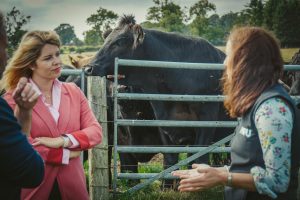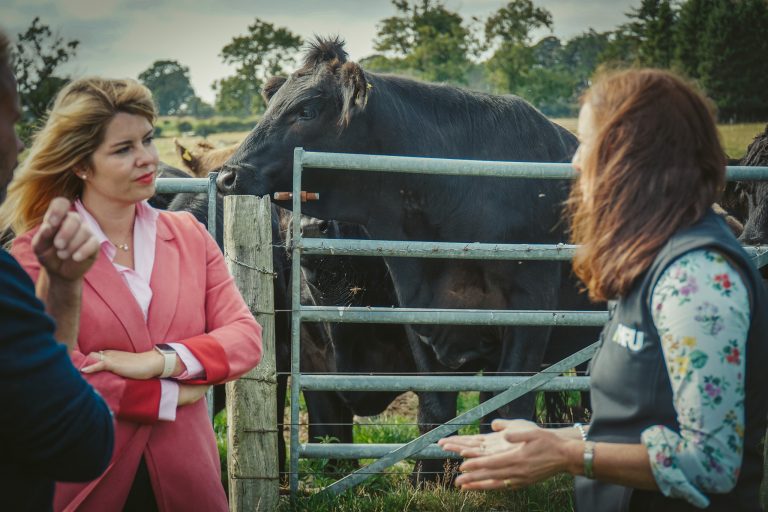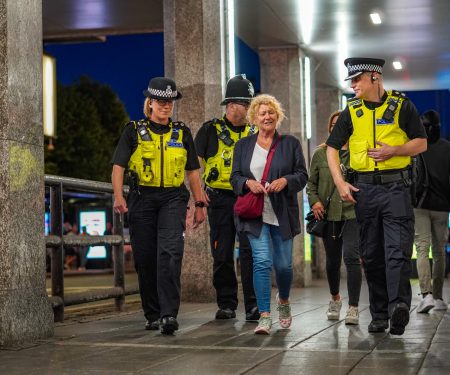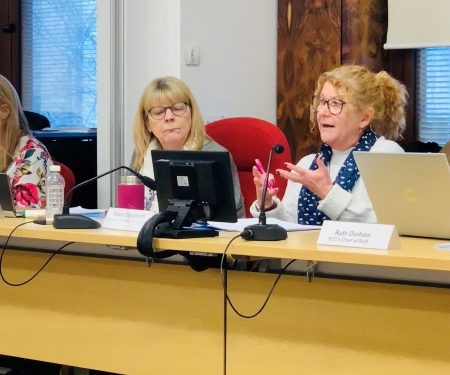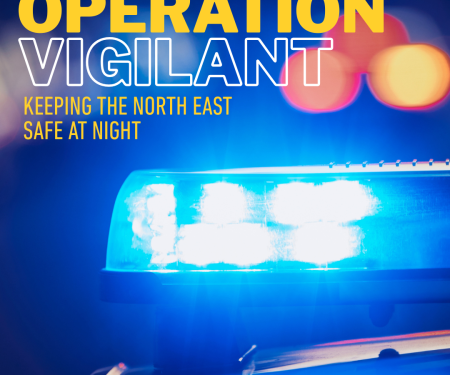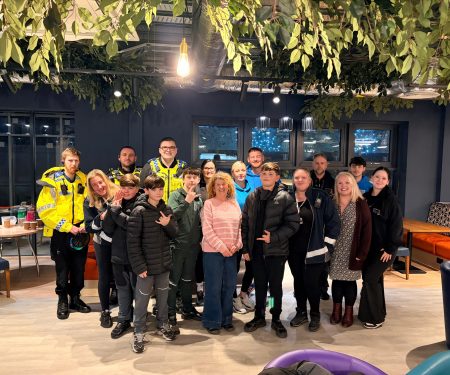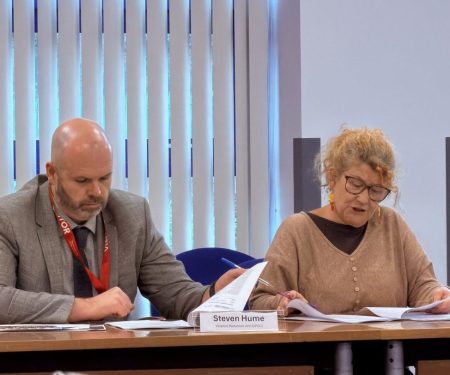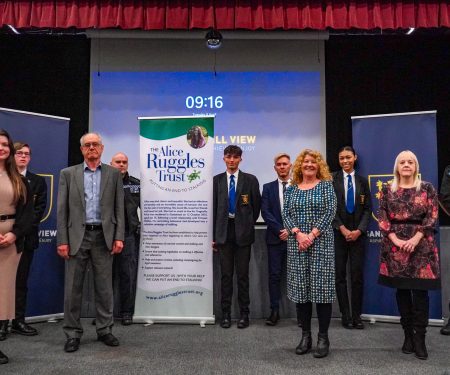Northumbria Police and Crime Commissioner Kim McGuinness has spoken out about rural poverty across the North East as she outlines how plans to tackle it will help reduce crime.
Highlighting the impact of austerity on rural communities, the Commissioner’s ‘Fighting Poverty, Fighting Crime’ Plan is the first Police and Crime Plan of its kind to focus on poverty.
The plan focuses on reducing crime through boosting jobs and youth opportunities for the region as a crucial way of supporting operational policing.
The new approach covers the whole force area – all of which is impacted by poverty, including the rural communities – from Gateshead in the south to Wooler in the north.
The plan follows recent reports revealing child poverty rates in the North East are higher than any other English region and are on the increase. Nearly a third of children growing up in the region live in poverty. In Northumberland the figure is one in five.
The police commissioner has also previously said it’s shameful that North East children have access to half as many youth clubs as rich kids in the South, describing such opportunities for young people as an investment in future crime prevention.
A report last year commissioned by the Rural Services Network also found that rural locations are missing out on cash from the government’s flagship Levelling Up Fund, a further cause of concern for the Commissioner.
Northumbria Police and Crime Commissioner, Kim McGuinness, said: “Let’s not overlook austerity’s impact on rural communities. Poverty is poverty. It’s all terrible; child poverty, fuel poverty but rural poverty too. Whether you live in a flat or on a farm you can fall on hard times.
“Issues of poverty and disadvantage apply to our whole region. I know of farmers using food banks too. People think of Northumberland and they think of the idyllic views but we must not let that blind us to hardship or crime for that matter. Bus routes, youth clubs, libraries – they’ve taken hit after hit and this has consequences.
“And so I am making it my business to tackle deep-rooted poverty in our region, and that’s both urban and rural poverty, because for far too long Government has simply not cared; well I do.
“Crime and its effects hurt our region’s poorest the most and we can’t allow it. Far too many families aren’t living; they are surviving. And, it’s sad but it’s true, that more deprived an area, the more crime there is – I want there to be less victims of crime so we have to take this on. Reducing poverty is the place to start.
“Rural crime is often linked to Organised Crime Groups who target and exploit rural communities, particularly the vulnerable people living in them. I’m talking about a range of crimes from the theft of big expensive farming equipment to kids getting caught up in county lines.
“It goes without saying we need a well-resourced police force but we also need to give our children the best possible start in life. This has to be better than handing out punishments when they’re older. Any police officer will tell you we can’t arrest our way out of crime.”
“While criminals are likely to come from poorer backgrounds, this is not to say people who are poor are likely to be criminals. It does, however, make you more likely to be a victim of crime. This needs fixing.”
Put into practice the new ‘Fighting Poverty, Fighting Crime’ plan is about:
- Working with local businesses to grown job opportunities across the region – work is the most important way out of poverty.
- Work with public transport providers to ensure travel is affordable, reliable and also safe – without good transport links people can’t access opportunities.
- Funding positive youth initiatives – giving young people an alternative to anti-social behaviour and working with those who are the biggest risk to others.
- Supporting the whole family – commissioning services that not only support those on the cusp of crime but help the wider family to be more resilient.
- Building on existing education and intervention projects ran by the Violence Reduction Unit and Northumbria Police – to grow awareness and understanding around healthy relationships and knife crime.
